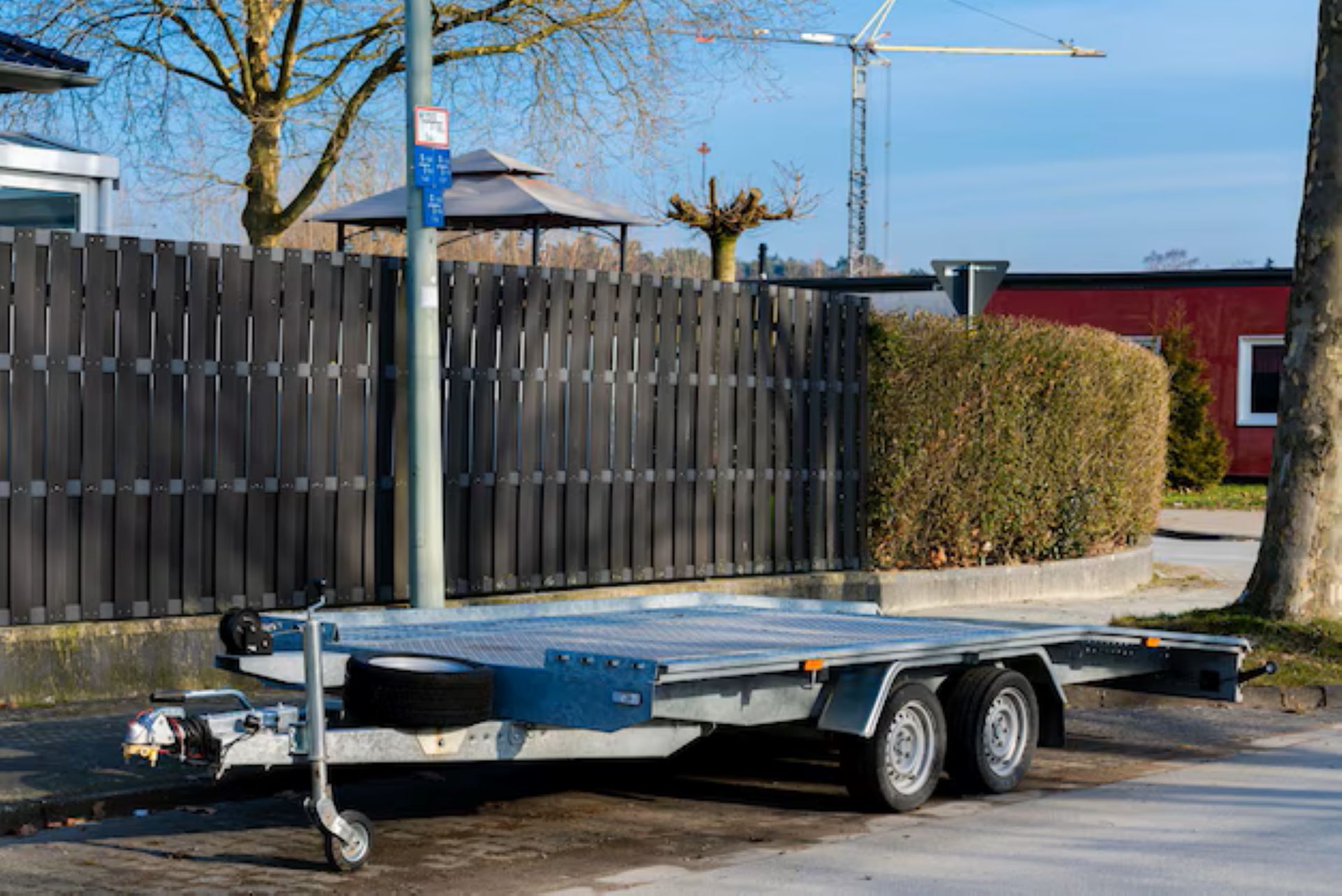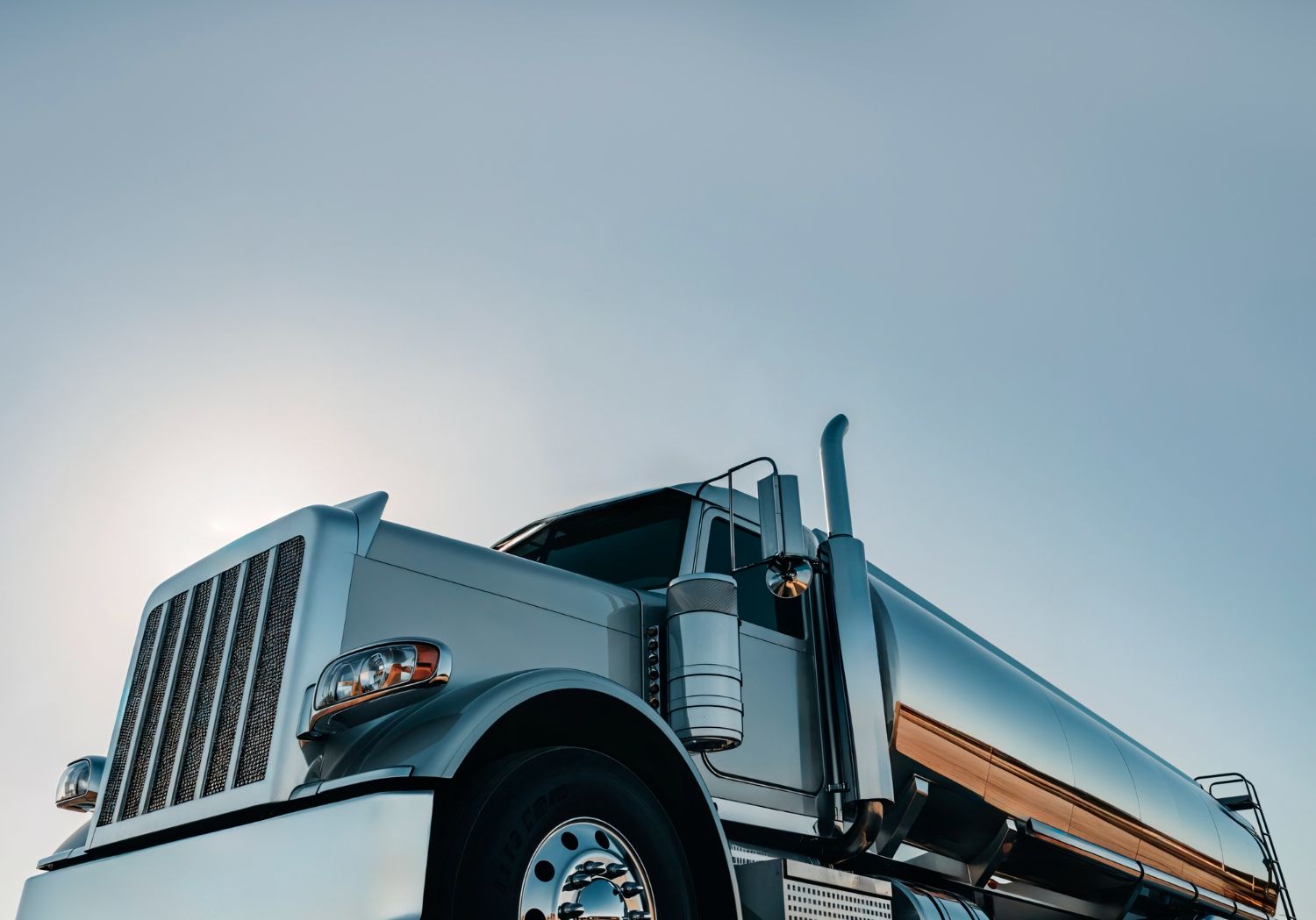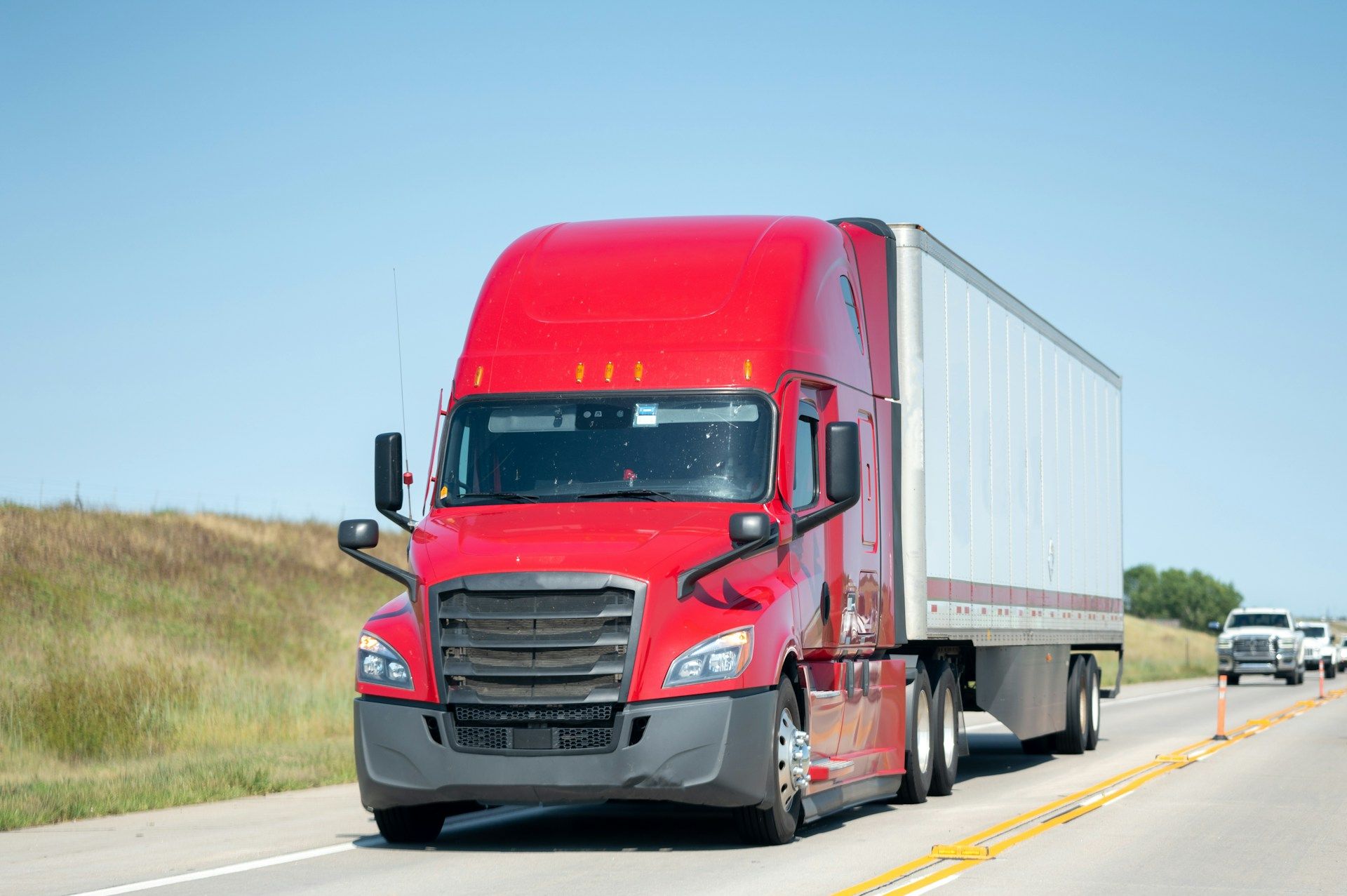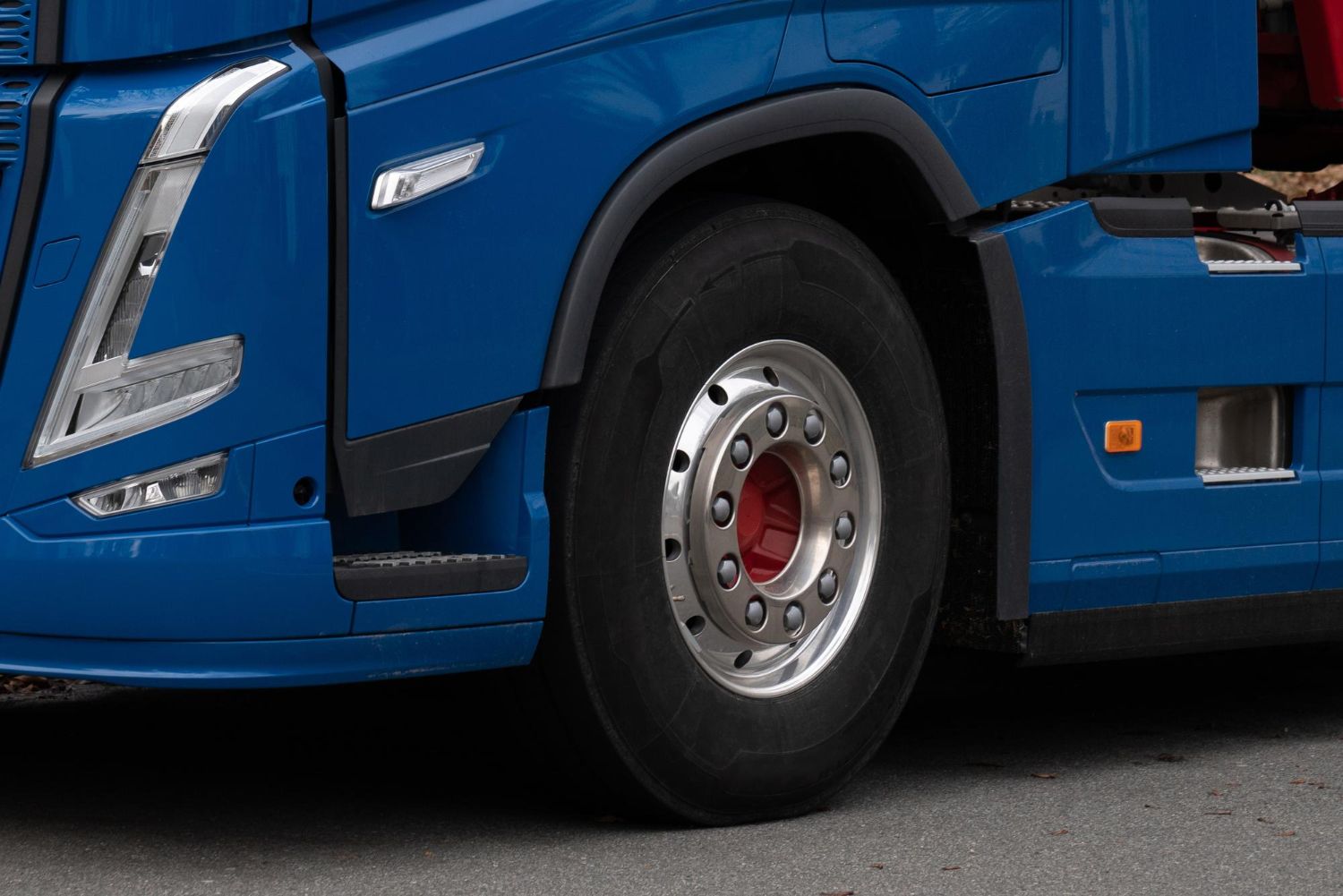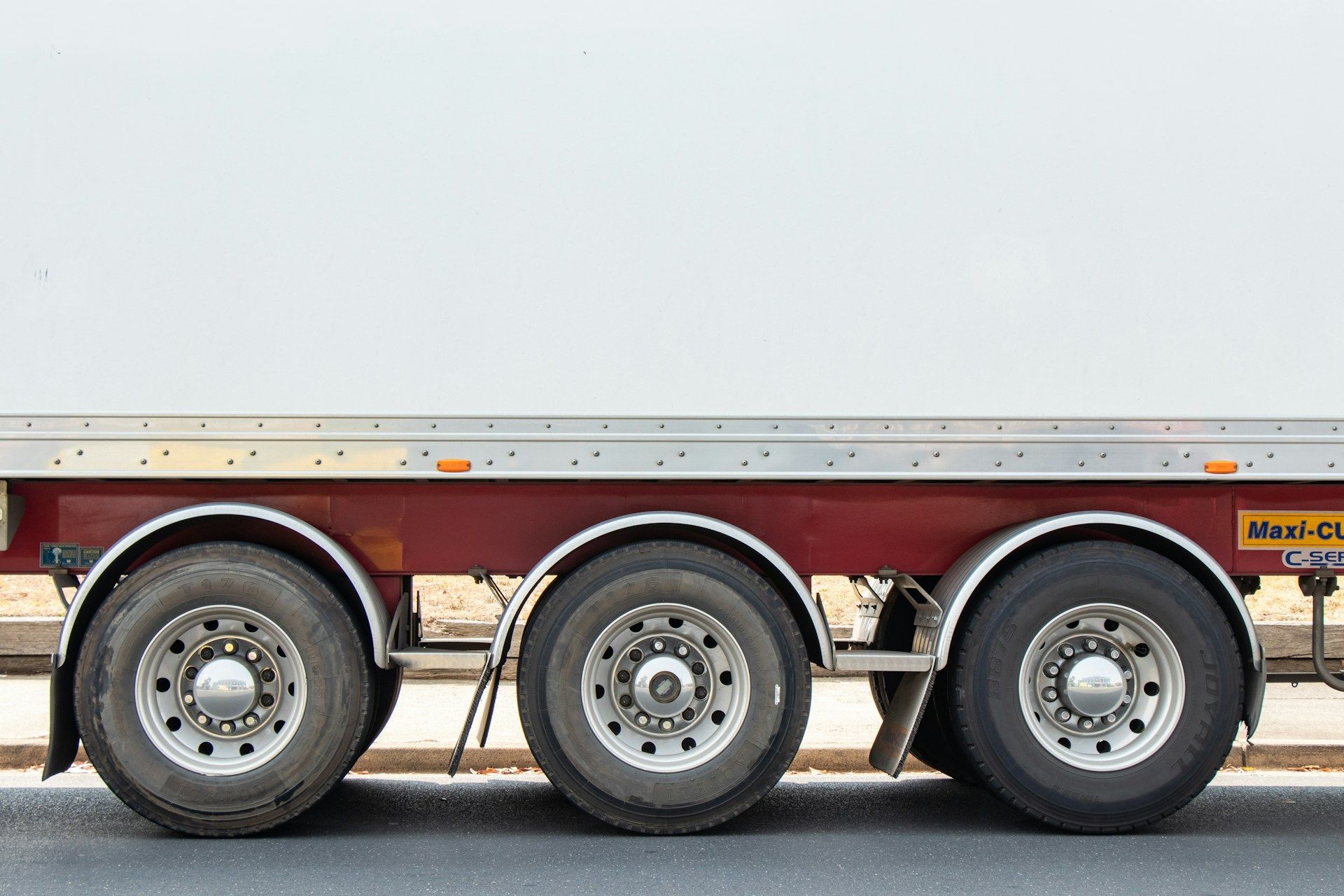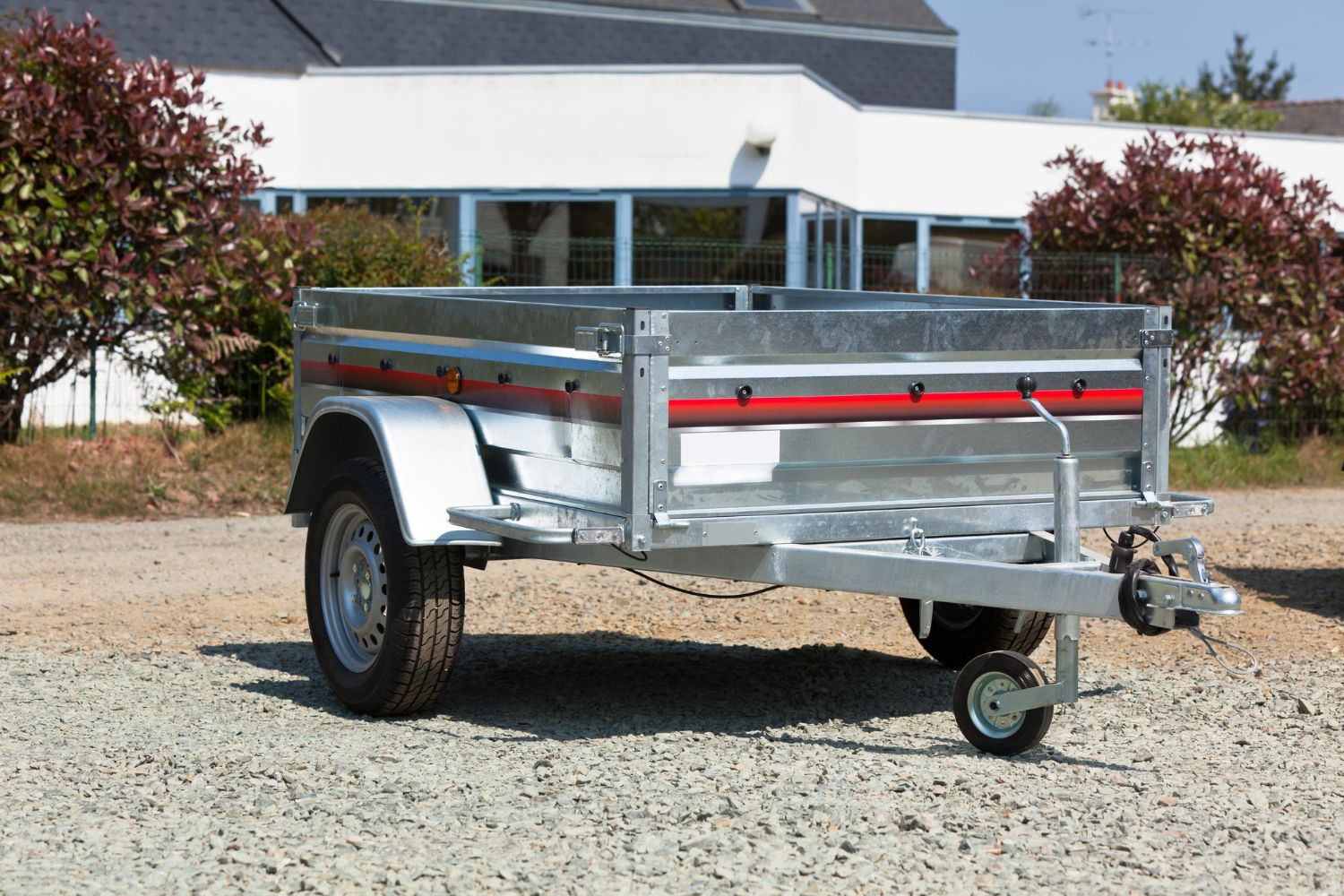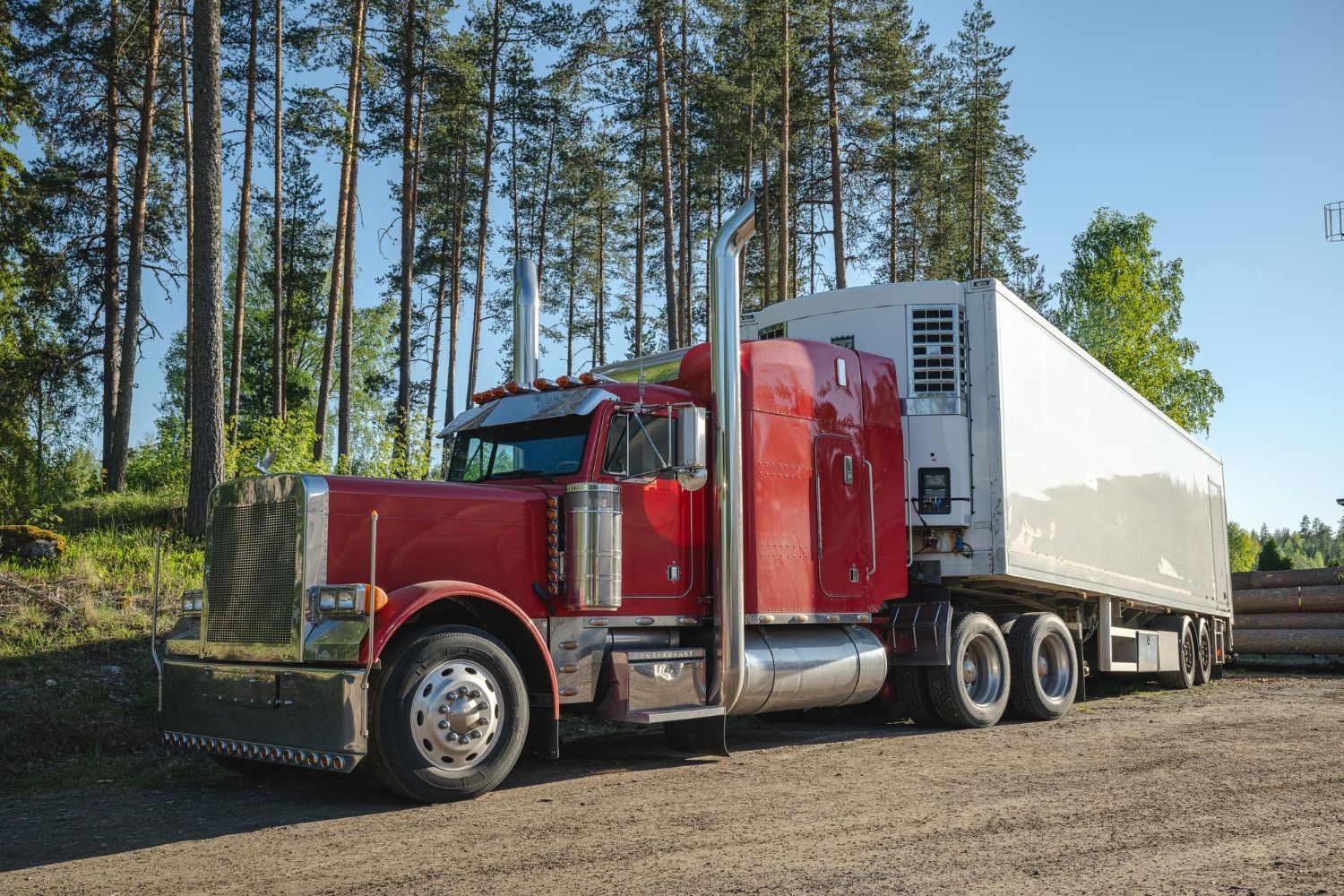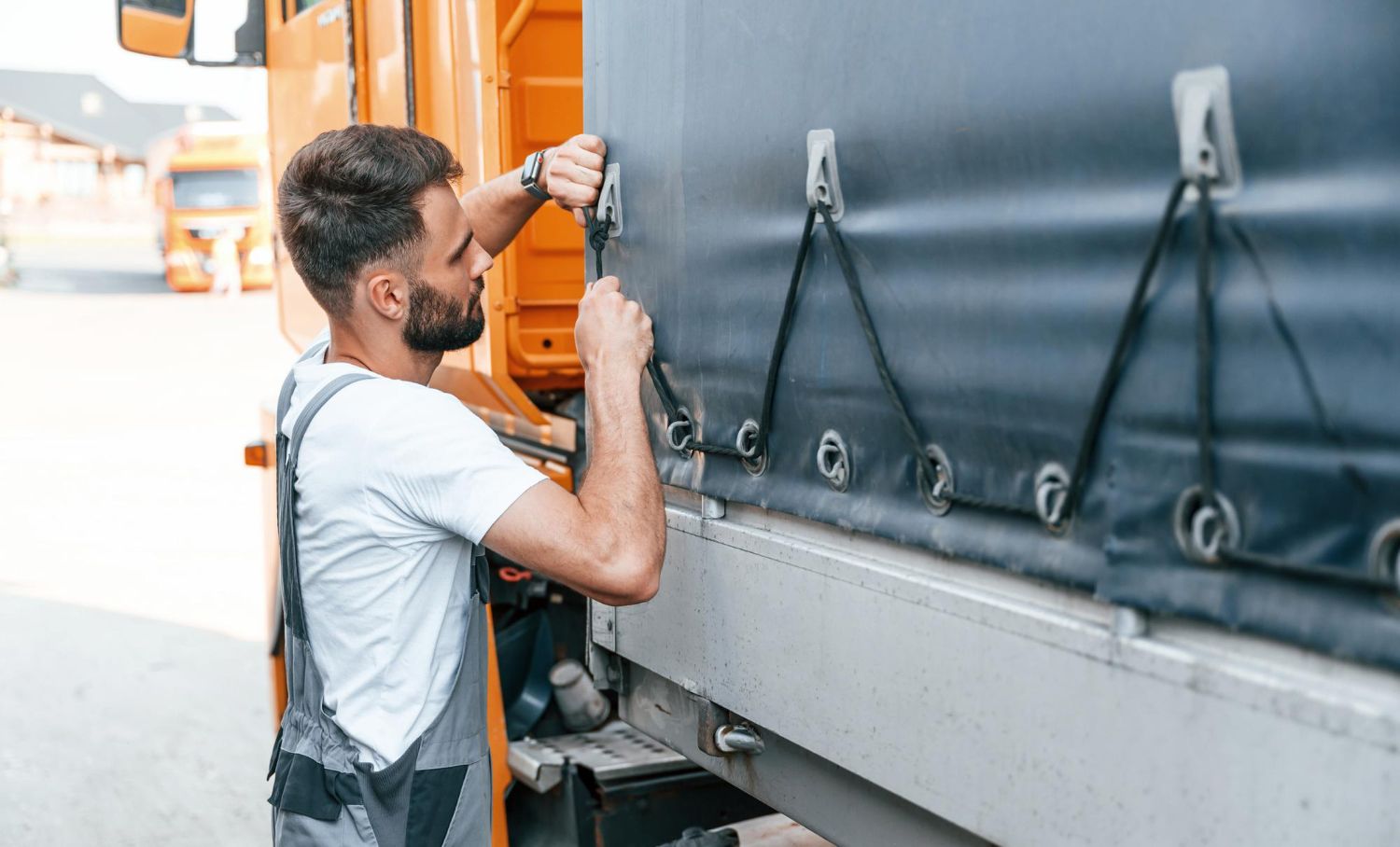How to Know If You Need Car Hauler Trailers in Albuquerque
Several factors shape the kind of trailer we need. How often we haul, what we’re hauling, and even what time of year it is can all affect whether our current setup still makes sense. Around Albuquerque, New Mexico, the seasons shift in ways that change hauling needs. Right now, winter’s letting go, but spring weather in the high desert will soon bring more road activity, stronger winds, and heavier use of trailers. That’s when many of us start to wonder if our equipment is falling behind the pace. For drivers who regularly move cars for work or side income, spring’s a good time to start asking whether it’s finally time to look into car hauler trailers in Albuquerque.
How to Tell If You’re Hauling More Vehicles Than Your Setup Can Handle
Some signs are easy to ignore, especially when we’re trying to get from one job to the next without delay. But when loading and unloading start taking more time than they should, or when we’re making frequent trips due to capacity issues, problems pile up quick. A hauler that’s too small or not built for regular vehicle transport often shows up in three ways:
• Tiedown points are awkward to reach or don’t hold the vehicle securely, making even a simple load feel like a chore.
• You find yourself renting or borrowing trailers on busy weeks, which slows everything down and eats into profits.
• The wear on your trailer frame or tires builds up faster than expected because the setup isn’t meant for the workload it’s getting.
If these issues keep showing up, it usually means we’re working around problems instead of fixing them. You might not realize how much these small slowdowns can affect your entire schedule. Soon, what seemed like minor annoyances can make a busy week feel twice as stressful. When that happens, upgrading might be the only practical step.
When Regular Weather Shifts Call for Upgraded Trailers
Weather in Albuquerque doesn’t always bring snow, but winter still brings long freezes and dry air. Those conditions put real stress on older trailer parts. Hitch components, brake lines, and wiring can all weaken faster in these cold snaps. As February heads into spring, strong winds and dust start showing up more often too, which hits open-haulers the hardest.
• Dry air and road dust wear out electrical connections and brake systems quicker than expected.
• Spring gusts in Albuquerque make it harder to keep loads stable on trailers that weren’t built to handle them in the first place.
• Trailers without decent covers or coatings may start showing signs of long-term weather damage, like fading, cracking, or rust.
As those months roll by, you may also notice more unexpected issues with your trailer. Frozen nights leave surfaces brittle, road salt and sand build up faster, and winds seem to blow stronger just when you have the tightest deadline. It’s no surprise that more haulers start thinking about updates or replacements as spring gets closer.
When regular use adds up and spring weather keeps causing delays, that might be a good time to rethink the gear we rely on. Trails that were once smooth can get bumpier when wind-driven dust leads to extra maintenance needs. The extra time that goes into checking connections, cleaning brakes, or dealing with stuck latches could all point to the need for something newer and better built for year-round use.
Recognizing When Multiple Vehicles or Jobs Require Their Own Setup
Whether you’re running a small towing service or picking up cars for resale, hauling more than one vehicle gets complicated fast without the right setup. That’s when having a car hauler trailer built for steady use starts to make sense.
• If you’re loading two vehicles in a day or have back-to-back pickups that stretch your current trailer’s limits, those are signs it might not be enough.
• Some of us take on side jobs that involve moving customer vehicles for work or events, and borrowing trailers or rearranging schedules wastes a lot of effort.
• If you’ve already had to turn down jobs simply because your trailer couldn’t handle the load, that’s not something you want to keep repeating.
Missing work or delaying jobs over equipment limitations is frustrating. The right hauler setup helps keep that from turning into the new norm. What’s more, scheduling gets a lot easier when you know your trailer won’t bog you down during your busiest days.
Sometimes, the realization comes when we keep saying yes to more work, but our gear says no. Even if it’s just one or two extra pickups a week, those quickly add up into lost time or missed income. Switching to a trailer meant for multiple vehicles eliminates a lot of last-minute headaches and lets us take on new opportunities when they show up.
What Features Can Make Life Easier With the Right Trailer
It’s not always about size. Sometimes it’s about design and how easy the trailer is to work with. A trailer that works with your day-to-day routine makes hauling safer and less of a time drain. Here are a few features that tend to make a big difference:
• Built-in rear ramps and secure tie-down spots help save minutes at every stop and keep the load stable on the road.
• The right deck height makes loading easier without steep angles, which can put strain on the vehicle and the hauler itself.
• Lightweight but strong steel or aluminum frames help balance out towing weight better with the vehicles we already drive, especially when jobs take us beyond the Albuquerque area.
Positive hauling experiences come from gear that fits your working style. No one wants to spend extra time adjusting ramps in the dark or wrestling with awkward straps in windy weather. Trailers built with some thought for the user often include better lighting, accessible storage for tools, and electrical connectors that don’t corrode midway through the season.
When the right features are present, you spend less time on setup and more time getting to your destination. That simplicity matters more as work picks up and the calendar fills up with new jobs.
If your current trailer always feels like it’s fighting you or getting in the way, that’s usually a sign something needs to change. It shouldn’t take two people or a complicated routine to get a car onto a trailer. The right features reduce wear and make the process much more reliable.
Confident Hauls Start With the Right Trailer Choice
Whether it’s because of more jobs or tougher driving conditions, there comes a moment when the trailer we’ve been using just doesn’t keep up anymore. That doesn’t mean we made a bad pick in the past, it just means our work has grown, and our tools should grow with it.
Many of us who live and work in or around Albuquerque, New Mexico, already know what spring brings: wind, dust, more miles on the road, and busier weeks ahead. When that’s the case, taking a pause to decide if car hauler trailers in Albuquerque are the smarter move can make a real difference. With the right match, our hauls get a lot smoother too. Having the right setup in place means making better use of our time, protecting the vehicles we’re hauling, and keeping things moving without issue through the season ahead.
We offer a lineup of factory-direct car hauler trailers that are available with both steel and wood decks for better traction and flexibility. Our trailers feature 82-inch wide decks and ramps built for easy loading, making them suitable for regular use in changing Albuquerque weather. Flexible financing is also available to help customers get the right trailer for expanding workloads without delay.
Upgrading your trailer setup can make all the difference as spring brings longer hauls and unpredictable weather to Albuquerque. The right equipment saves time and reduces wear on your vehicles and keeps your operations running smoothly. Take a look at our lineup of car hauler trailers in Albuquerque and see which option matches your workload best. Reach out to New Mexico Trailer Depot to discuss the perfect fit for your needs.
